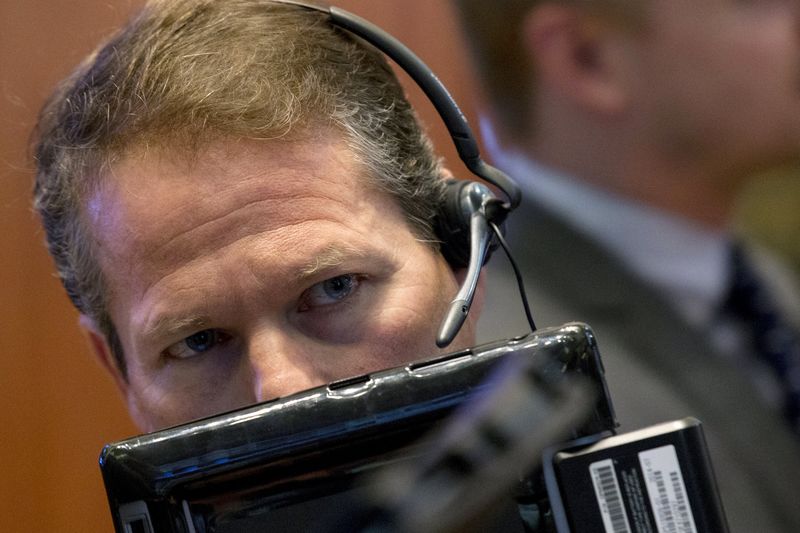Domino’s Pizza Australia surges on report Bain Capital exploring $2.6 bln buyout
Investing.com -- The CBOE S&P 500 Volatility Index (VIX), often referred to as Wall Street’s "fear gauge," surged 40% amid escalating trade tensions between the United States and China. The significant uptick in volatility comes in response to China’s announcement on Friday that it will impose a 34% tariff on all U.S. products. This move is seen as a direct retaliation to the tariff on Chinese goods announced by President Donald Trump earlier this week, raising the specter of a full-blown global trade war and heightened risks of a global recession.
The imposition of the reciprocal tariffs is expected to have a broad impact on the U.S. economy, as it could lead to increased costs for consumers and businesses and potentially disrupt international supply chains. The new tariffs from China match the aggressive stance taken by the Trump administration, which on Wednesday declared reciprocal tariffs of at least 10% on all imported goods, with higher rates for certain countries.
President Trump also confirmed the implementation of a 25% tariff on imported automobiles and auto parts, which went into effect on April 3. Additionally, the U.S. has imposed a 25% tariff on goods from Mexico and Canada not included in the USMCA trade pact, in conjunction with tariffs on steel and aluminum imports.
The market’s reaction, as evidenced by the sharp rise in the CBOE Volatility Index, reflects investor concern over the potential for these trade measures to disrupt global economic growth. The prospect of a global trade war has historically been met with apprehension by financial markets, as it can lead to decreased international trade, higher prices for goods and services, and lower corporate profits.
This article was generated with the support of AI and reviewed by an editor. For more information see our T&C.
